The firm says 2024 will be the bottom of an inflationary trough, with high demand and low supply across building and infrastructure likely to drive tender price inflation back up.
T&T is telling its clients to act now to secure strong, collaborative supply chains. It says clients need to view contractors as true partners, not just suppliers – sharing risk and reward to avoid further insolvencies and encourage training and investment.
The cost consultant is forecasting tender prices will rise 3%-3.5% for building and 4.5%-5% for infrastructure in each of the next two years.
High wage inflation is putting significant pressure on contractors’ margins. These will be squeezed even further from next April when employers will have to pay an additional 1.2% in National Insurance contributions for each staff member.
Pay awards have been especially high for skilled trades such as plumbers and electricians (up 7% in 2024) and steelworkers (up 11%).
The cost consultant warns the tender price forecast would be much higher were it not for an expected slow build-up in workloads as the UK government’s ambitions for house building and infrastructure crank-up.
Construction demand is expected to be driven by key UK government pledges, such as £100bn of capital spending announced in the Autumn Budget, and its ambition to build 1.5 million homes in five years. The industry could be set to be the enabler of important economic growth across the country’s priority sectors, from data centres to life sciences, but is being constrained by major challenges in the supply chain.
Martin Sudweeks, UK managing director of cost management at Turner & Townsend, said: “Every key sector identified by the UK government in its industrial strategy relies on construction to build and grow.
“To achieve this, we need to stem the wave of insolvencies and shrinking labour force.
“We must make sure talent is not lost as contractors close – recruiting or reskilling them to bring them back into the workforce.
“At the same time we need investment in the next generation of skills – looking beyond traditional construction and education routes, across to tech sectors and different pools of talent that will help revolutionise the sector, embrace digital solutions, and drive productivity.
“We also need to break down the barrier that can often exist between clients and suppliers – working collaboratively as partners to share risk, discuss potential problems, and deliver projects successfully.”




















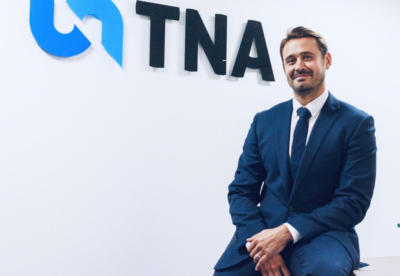




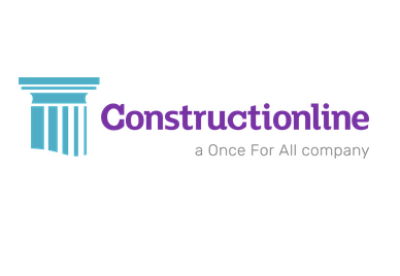
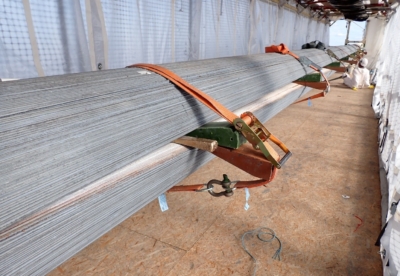



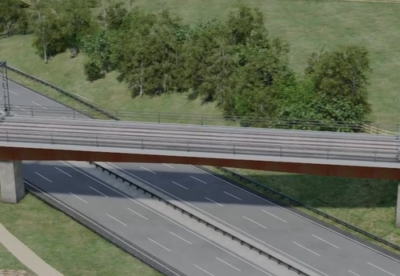


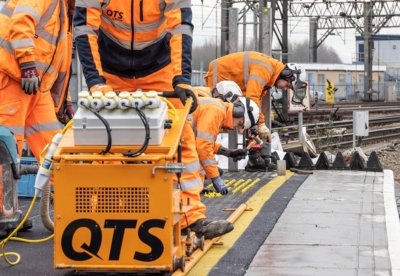


.gif)














 (300 x 250 px).jpg)


